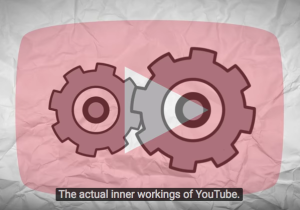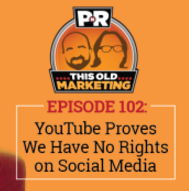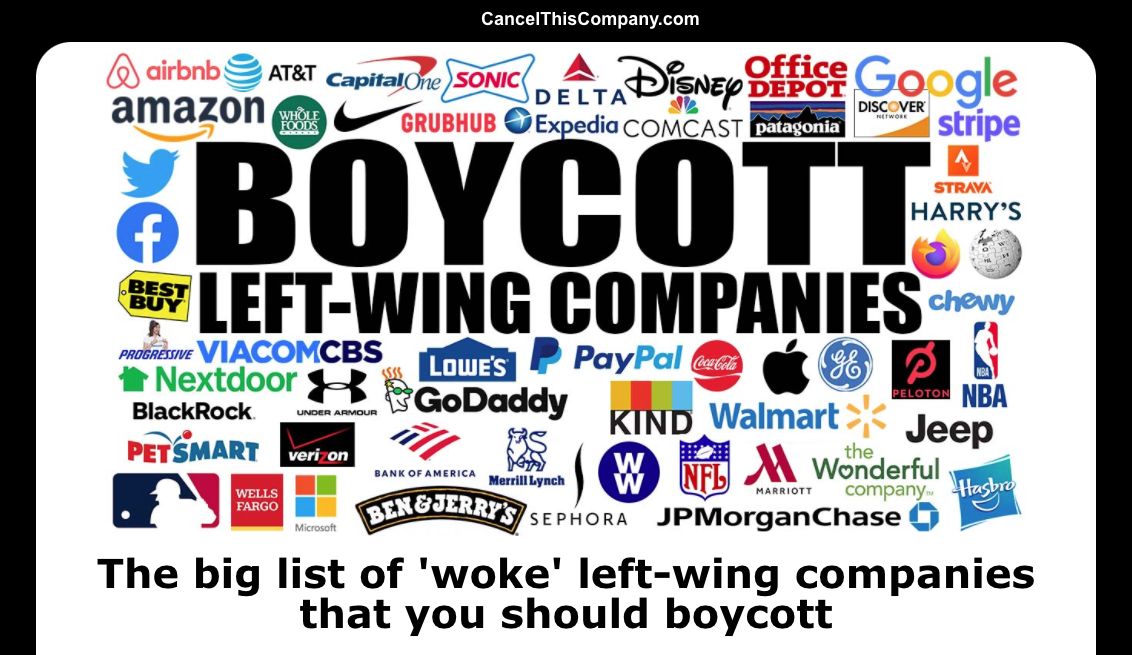Dave Cullen of Computing Forever suggests micro-negotiating with content consumers who use ad-blockers. Essentially, it would ask the visitor whether he wishes to support the content creator. This could get more complicated on platforms that run 3rd-party content while seeking ad revenue for themselves… Dave also touches on problems with the intrusiveness of advertising and …
Tag: content creators
YouTube Ads for Nasty PC Companies and Content Creators Opposing Advertisers
Allegedly, some major corporations are boycotting the YouTube Advertisement Platform because their ads are appearing before, or during, or next to video content with which they do not agree… This is more likely part of the general Corporate Collusion to destroy the decentralized media YouTube dominated for its first 12 years by independent content creators, …
Explaining YouTube’s Cash-Grab Changes in Featuring Long-Form Content
Many changes have been occurring with YouTube over the past year, and we will cover these more in-depth shortly. However, many long-time successful channels have recently reported drops in their advertisement income, views, and subscribes. This phenomenon appears to mostly affect YouTubers who use YouTube as their primary platform to deliver their material, as opposed …
Reject and Replace Hollywood with Decentralized Entertainment Media
As discussed in a previous Media Blitz post (HERE) and by ReelSEO (HERE), YouTube reaches more 18 to 49 year olds than the top 10 Prime Time TV shows. Since its launch in 2005, we’ve said YouTube was the game-changer that made TV obsolete. Television, despite the variety of cable companies – many owned by …



























